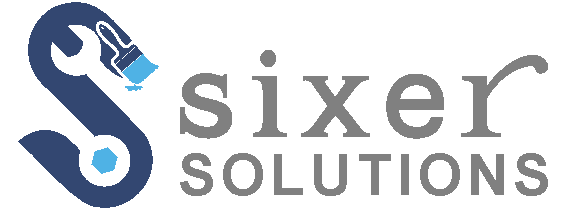Freelancing: A Guide to Finding Success as a Freelancer
Freelancing is a type of self-employment where individuals offer their services to clients without committing to a long-term employment contract. It has become increasingly popular in recent years due to the flexibility it offers and the ability to work from anywhere in the world. This article will provide you with a guide to finding success as a freelancer, including the following headings:
- Finding Your Niche
- Building Your Brand
- Establishing Your Rates
- Creating a Portfolio
- Finding Clients
- Managing Your Time and Workflow
- Staying Motivated
- Growing Your Business
- Finding Your Niche
Finding Your Niche
The first step in becoming a successful freelancer is to find your niche. You should focus on the skills and services you excel at and enjoy doing. Some common freelance niches include writing, graphic design, web development, social media management, and photography. By finding your niche, you can focus your efforts on becoming an expert in that area, which will make you more valuable to clients.
Building Your Brand
As a freelancer, you are your own brand. You need to create a professional brand that reflects your skills and values. This includes creating a website, business cards, and social media profiles that showcase your work and services. Make sure your branding is consistent across all platforms, and use high-quality visuals and content to stand out from the competition.
Establishing Your Rates
One of the most challenging aspects of freelancing is determining your rates. You want to charge enough to make a living, but not so much that you price yourself out of the market. Research what other freelancers in your niche charge and set your rates accordingly. You may need to adjust your rates as you gain more experience and skills.
Creating a Portfolio
Your portfolio is your best marketing tool as a freelancer. It showcases your skills and experience and gives potential clients a glimpse into your work. Make sure your portfolio is visually appealing and easy to navigate. Include your best work and highlight any notable clients or projects you have worked on.
Finding Clients
Finding clients is one of the biggest challenges of freelancing. You can start by reaching out to your network and letting them know you are available for work. You can also join freelance marketplaces, such as Upwork and Fiverr, or attend networking events to meet potential clients. Make sure you have a clear understanding of the client’s needs and requirements before accepting any work.
Managing Your Time and Workflow
As a freelancer, you are responsible for managing your time and workflow. This means creating a schedule that works for you and sticking to it. You should also use project management tools, such as Trello or Asana, to stay organized and on top of deadlines. Make sure you communicate regularly with your clients to avoid any misunderstandings or missed deadlines.
Staying Motivated
Freelancing can be challenging, and it’s easy to get discouraged. It’s essential to stay motivated and focused on your goals. You can do this by setting achievable goals, rewarding yourself for your achievements, and taking breaks when needed. Remember why you started freelancing in the first place and stay committed to your vision.
Growing Your Business
As you gain more experience and clients, you may want to consider growing your business. This can include hiring subcontractors or creating a team of freelancers to work with. You can also offer additional services or expand into new niches. The key is to continue learning and adapting to the ever-changing landscape of freelancing.
Conclusion
In conclusion, freelancing can be a rewarding and fulfilling career choice for those who are self-motivated and willing to put in the effort. By finding your niche, building your brand, establishing your rates, creating a portfolio, finding clients, managing your time and workflow, staying motivated, and growing your business, you can find success as a freelancer. It’s essential to stay adaptable, continuously learn and grow, and always put your clients’ needs first. With determination, hard work, and the right mindset, freelancing can be a viable and fulfilling career path.
Table of Contents
Submitted By Uzair Ahmed


